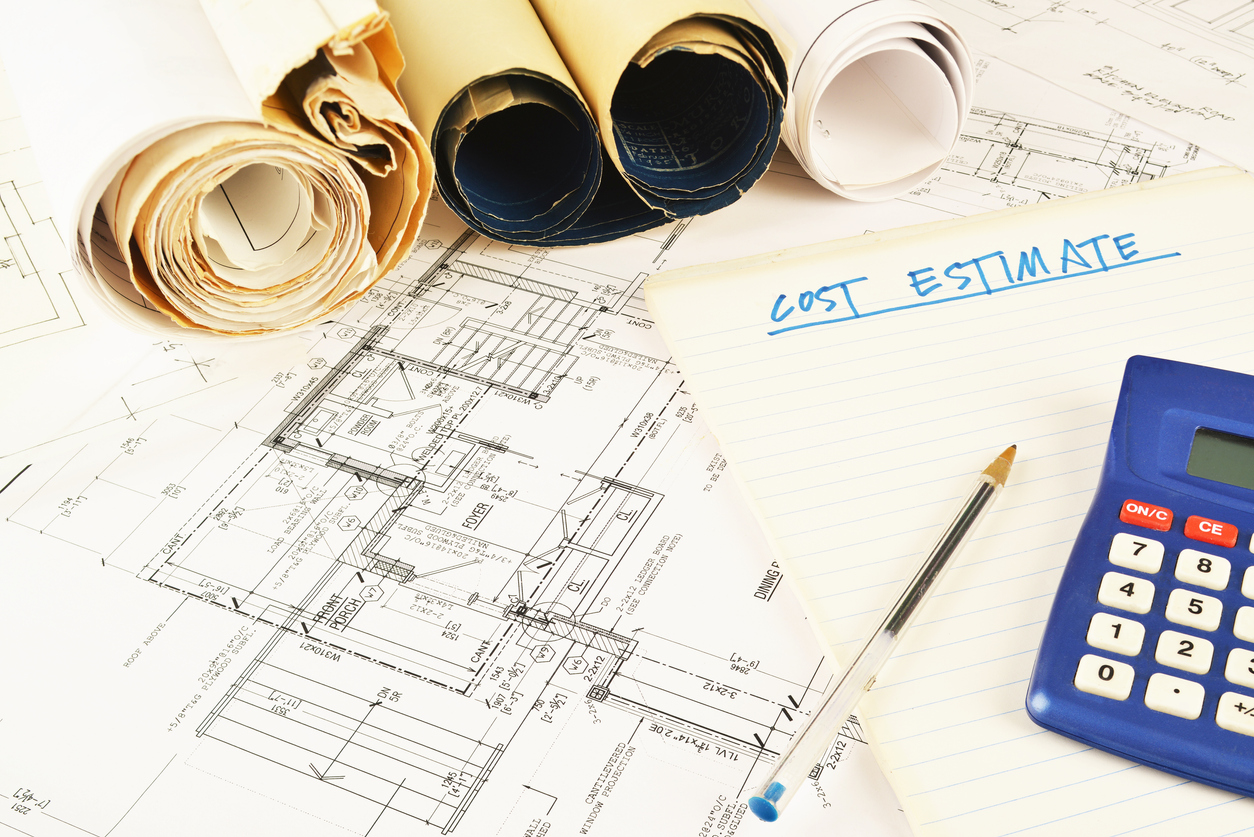Does the typical homeowner have the expertise to inspect and evaluate the construction of a major loss? The answer is an obvious “no.” Yet, it is a rare occasion that a major repair estimate calls for any costs associated with drafting construction specifications and then inspecting the construction to determine if specifications are being met.
The idea of policyholders having the reasonable cost of an architect or Owner’s Representative to evaluate and inspect the disaster restoration construction was raised again in the recent post, Kevin Jones Explains Why TPAs and Managed Contractor Repair Networks Are Scams Against Policyholders. A comment was made to the post by James Purcell:
I agree these programs are terrible for policyholders and I have personally seen dozens of examples firsthand where the workmanship and repair experience for the insured was absolutely unacceptable. Two years ago we would only be retained occasionally as expert witnesses for contractor negligence claims and it has become a significant portion of our workload lately.
I inspected a 2,500 square foot house in Titusville on Friday that had an angle stop under the sink leak. I just finished writing a single-spaced list of everything the TPA contractor repaired incorrectly or damaged during the repair process. It’s 3 pages long.
No premium discount is worth agreeing to these programs.
California has tried to address this situation with regulations, noted by Victor Jacobellis in California Regulations Require That an Insurer’s Preferred Vendor Return Property to Its Pre-Loss Condition – A Quick Guide to What You Need to Know:
California provides protection when a preferred vendor is chosen for loss repairs. The Fair Claims Settlement Practices Regulations require that when an insurer either recommends or suggests a vendor to make property repairs and the insured opts to have that vendor make the loss repairs, the insurer is required to ensure that the damaged property is returned to its pre-loss condition. The insurer is required to do this at no additional costs to the insured. The insurer is also required to ensure the property is repaired in a manner that meets accepted trade standards for good and workmanlike construction. Cal. Cod. Reg. § 2695.9(c)(2).
If the policyholder is not equipped to make the determination about the quality and legality of the construction, it would seem that a reasonable cost of construction would be the inspection and evaluation by somebody qualified. What do you think?
Thought For The Day
Trust, but verify.
—Ronald Reagan




